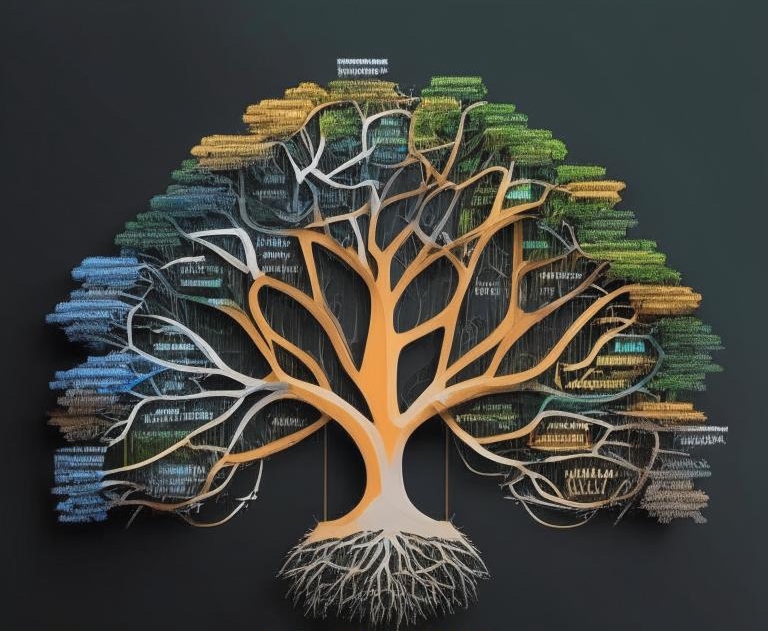Ways of Knowing
by Oleg Sovetnik
Epistemology, the study of the nature and limits of knowledge, offers various approaches to understanding how we come to know the world. These ways of knowing differ in their fundamental assumptions about where knowledge comes from and how it is formed. Some approaches assert that knowledge is already contained within our minds and can be revealed through logical reasoning and deduction. Others insist that all of our knowledge comes from experience, with the mind being a “blank slate” on which experience leaves its marks. Still, others take a more synthetic view, arguing that knowledge is a process of interaction between the mind and the world, through certain “lenses” through which we perceive reality.
These three approaches to knowledge — empiricism, rationalism, and a priorism — offer different ways of understanding how we acquire and structure knowledge. Each of them presents a unique perspective on what forms the basis of knowledge: experience, reason, or their interaction. In programming, understanding these approaches can deepen one’s comprehension of the process of learning about a domain and help create more accurate and meaningful models, which can then be expressed in code.
knowledge rationalism empiricism epistemology
Dive deeper
-
Empiricism
The source of knowledge about an object is the object itself, and knowledge is the result of perceiving the external world through sensory experience, which leaves 'imprints' on our minds.
-
Rationalism
The source of knowledge about the world is not the world itself but the reasoning of the knowing subject.
-
Apriorism
Empiricists and rationalists perceive the relationship between the knowing subject and the world as a dichotomy. But Kant argues that it is not a dichotomy. There are always those 'lenses' through which we view the world.
